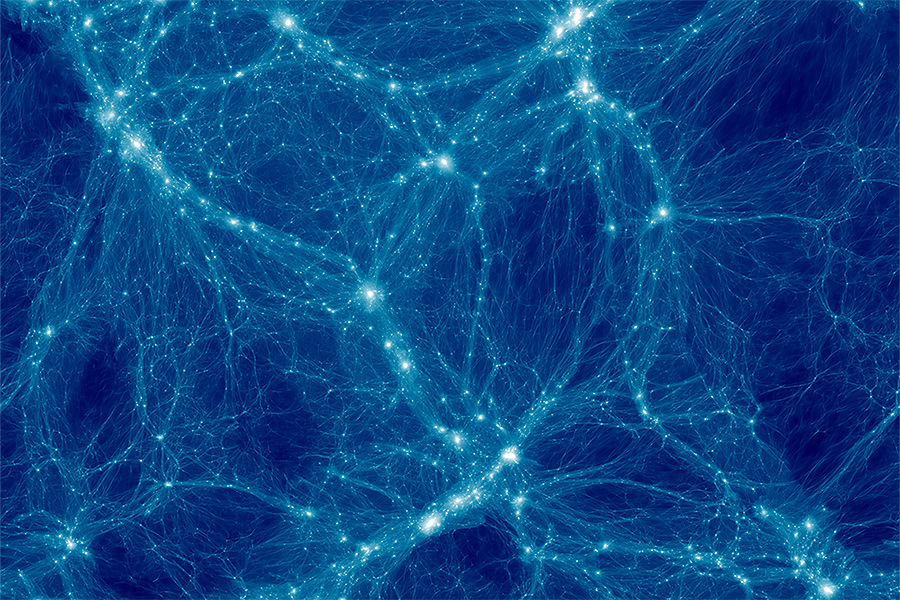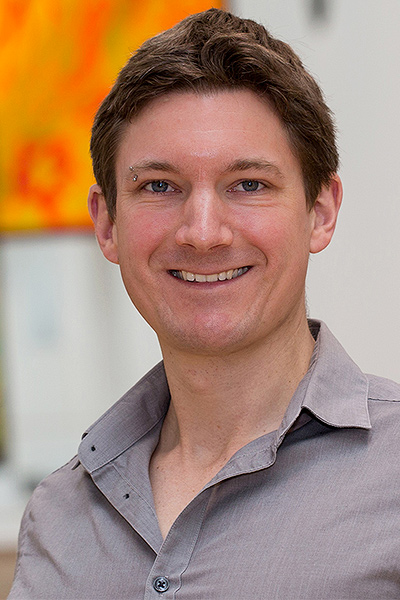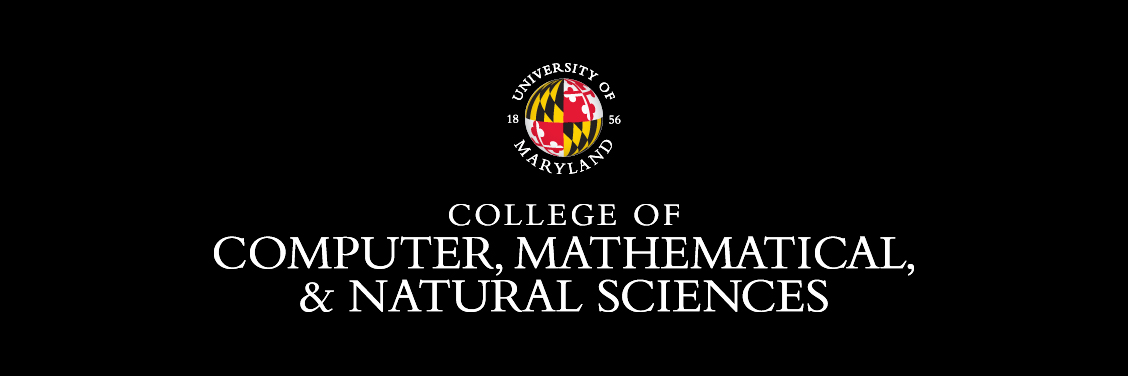Science on Tap
A monthly lecture series at UMD that explores the latest discoveries in science and technology in a relaxed atmosphere with food and drink
"Dark matter, galaxies and big computers"


Benedikt Diemer
Assistant Professor, Department of Astronomy
University of Maryland
Wednesday, November 6, 2024
Doors open at 6 p.m.
Lecture begins at 6:30 p.m.
Ledo Pizza
4509 Knox Rd.
College Park, MD 20740
Paid parking is available in the attached city garage, which guests can enter on Yale Avenue. Guests may enter the event venue via the Ledo entrance on the corner of Knox Road and Yale Avenue.
Food and beverages will be available for purchase at the event.
If you have any questions about attending this event, including disability accommodations, please contact Rena Surana-Nirula at rena@umd.edu or 301-405-6563.
Subscribe to Receive Science on Tap Emails
About the Talk
We have all heard of dark matter, but what is it? Why should you believe it exists when we cannot see it? And how much of it is in your beer right now? The answers to these profound questions will likely be found in the night sky rather than in the lab (or the pub). But where in the Universe should we look? For Benedikt, massive supercomputer simulations offer our best chance at a solution. These artificial, simulated Universes have taught us that dark matter actually forms a giant cosmic web, whose nodes host galaxies like the Milky Way. In this talk, we will discover how astronomers are building a better understanding of dark matter by matching simulations and observations of galaxies made with the world's most powerful telescopes.
About the Speaker
Benedikt Diemer is an assistant professor in the Department of Astronomy at the University of Maryland. His group specializes in numerical astrophysics, meaning that they run and analyze large computer simulations. As a side project, Benedikt also explores unconventional ways of expressing simulation data (like textiles and 3D printing) as part of an arts and science collaboration called "Fabric of the Universe." Although Benedikt is originally from Germany, life took him on a journey that included studies in Manchester, Santa Barbara and Chicago. After a postdoctoral position at Harvard, he joined UMD in 2019. |







